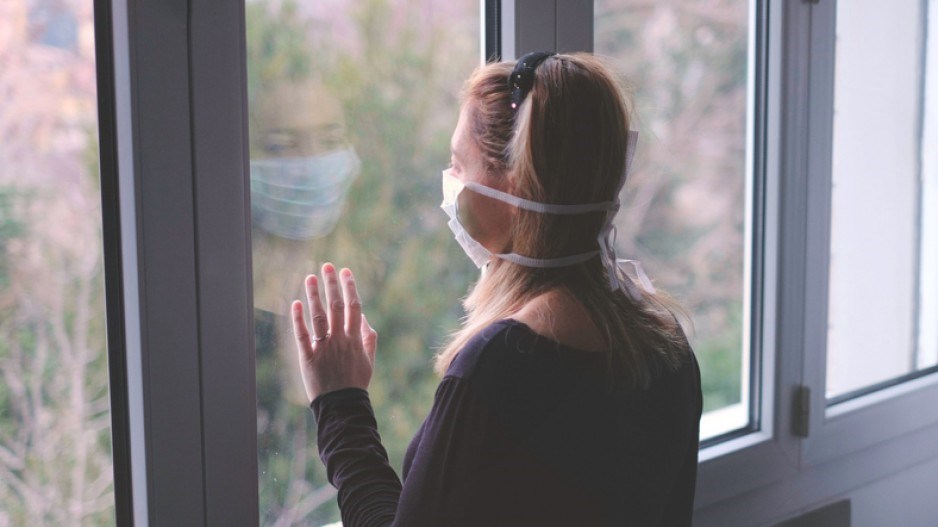Maintaining mental health during stressful periods such as the one Canadian workers are currently experiencing should be a top-of-mind issue, counsellors and employee assistance experts say.
That’s the case more than ever as people find themselves working from home while wondering what the future holds.
“It’s a complicated, different way of working,” said Canadian Mental Health Association (CMHA) CEO Jonny Morris. “We’re exercising different muscles and working things out.”
The CMHA says anxiety around COVID-19 affects not only people’s work but everything in their lives.
“There’s a different level of fatigue,” Morris said.
As such, it’s important to manage that anxiety before it overwhelms us, leading us to put demands on a health system already under strain.
“Recognize you can only do so much,” Morris said.
So, as more people work from home, Morris said, they should ensure they eat well, exercise, get enough sleep, and make time for hobbies.
“Take a break,” Morris said. “Get some air in your yard or on your balcony.”
As well, stay connected with family and friends, help others and cut back time on social media or watching news.
Further, Morris said, employee benefit packages exist to help people. That includes psychological help, he said.
The CMHA also suggests exploring self-management strategies like mindfulness, yoga, meditation, art or exercise to manage anxious thoughts. Anxiety coping strategies can be found at: www.anxietycanada.com.
Morris said people can also explore mental health and substance use information at https://www.heretohelp.bc.ca/ or through the Bounce Back program https://bouncebackbc.ca/
Those suggestions are in line with those coming from B.C.’s government which also suggests playing a board game, practicing deep breathing, taking a bath, reading about something other than the virus, cuddling your pet, engaging in digital detox such as leaving your phone alone for a while and making sure to exercise
Derek LaCroix of B.C.’s Lawyers Assistance Program is one of many working from home.
“This is a time for real mental hygiene,” he said. “If I let myself go, there’s a lot of ways to go: too much TV, too much news, too much staring out the window.”
LaCroix said he’s ensuring he adheres to a schedule, that he takes breaks and steps away from his work. He’s going for walks, reaching out to friends.
“A lot of people seem to be doing really well by slowing down,” he said.
One issue that cuts across working and social environments is that of substance abuse – that involving alcohol, drugs or other mood-altering issues.
Many seeking recovery or already in recovery from such issues have moved into the online realm to find or sustain help for themselves and others.
Organizations such as 12-step programs – examples being Alcoholics Anonymous, Narcotics Anonymous or Al-Anon, which assists family and friends of those with such issues – have moved their meetings online.
Assistance in finding help there can be found through those organizations websites:
• Alcoholics Anonymous - https://www.bcyukonaa.org/
• Narcotics Anonymous - https://www.bcrna.ca/
• Al-Anon - https://www.bcyukon-al-anon.org/
• Cocaine Anonymous - http://www.ca-bc.org/
• Codependants Anonymous - https://codacanada.ca/
Crisis lines also offer help to those finding themselves with nowhere to turn as they find themselves in dire straits.
The United Nations has also produced a wide-ranging guidance for handling current mental health issues.
@jhainswo




